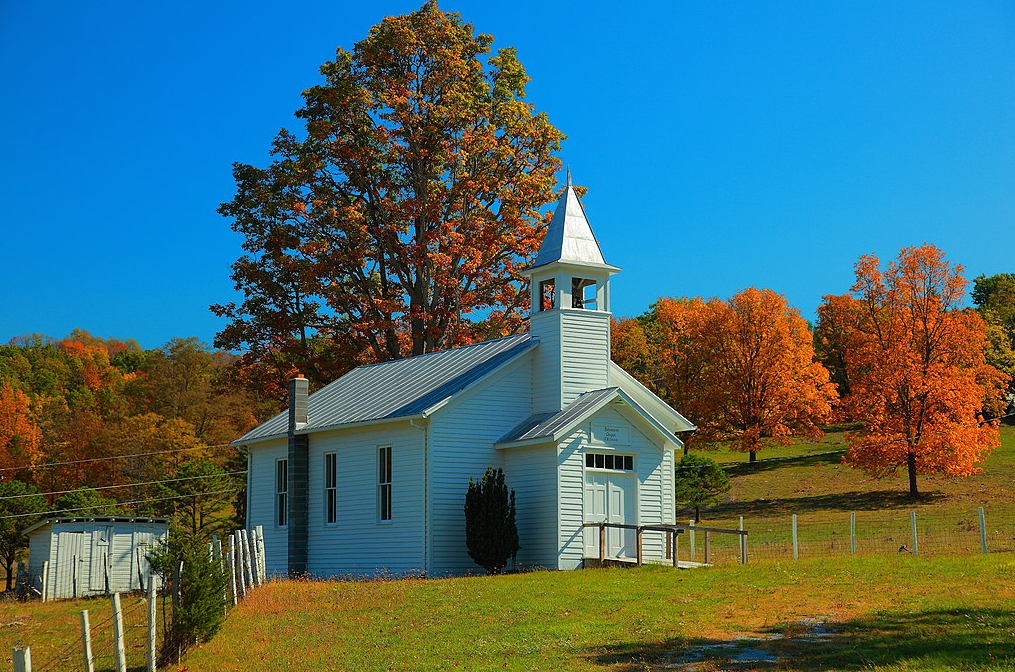A new report from the Manhattan Institute details state-level programs that it suggests violate the freedom of religion guaranteed under the First Amendment and named a handful of programs in Alabama.
The report, titled “Unconstitutional Religious Discrimination Runs Rampant in State Programs,” was authored by Manhattan Institute fellows Nicole Stelle Garnett and Tim Rosenberger and released earlier this month.
According to the report’s executive summary, recent U.S. Supreme Court (SCOTUS) decisions “make clear that when the government adopts a program that extends public benefits to private organizations, the Free Exercise Clause prohibits it from excluding religious organizations from participating and from requiring them to secularize to participate.”
Nevertheless, Garnett and Rosenberger insist that this rule has yet to be applied to many state policies nationwide.
“Although the Court has made clear that the government cannot refuse to extend otherwise available public benefits to organizations because they are religious—or because they do religious things—many dozens, likely even hundreds, of public programs at all levels of government continue to do exactly that,” the authors explain. “This report collects and examines state-level programs that run afoul of the First Amendment’s nondiscrimination mandate.”
Being among the most religious states in the country, it might be surprising to find Alabama listed in the report.
However, the authors mentioned seven different policies in Alabama, which they argued were violations of religious freedom.
First among these was the state’s pre-K program guidelines, which state that “Pre-K day may not be religious in nature” and forbid religious activities within the school day. According to the Alabama Department of Early Childhood Education, qualified pre-K classrooms are funded through state grants.
The report also cited Alabama’s Student Grant Program (ASGP), which can fund students at “sectarian” schools but only if the schools “perform essentially secular education functions.”
According to the Alabama Commission on Higher Education (ACHE), ASGP participant schools include religious schools like Amridge University (Churches of Christ), Faulkner University (Churches of Christ), Birmingham Southern College (Methodist), Huntington College (Methodist), Miles College (Methodist), Samford (Baptist), the University of Mobile (Baptist), Oakwood University (Seventh-Day Adventist), Spring Hill College (Catholic) and Stillman College (Presbyterian).
Nevertheless, the report claims public funds from the ASGP can’t be used for religious purposes and that participating universities are required “to carefully segregate funds to ensure that this rule is enforced.”
Moreover, the report accuses Alabama’s Private College and Universities Facilities Authorities Act of restricting revenue bonds from financing facilities primarily used for religious worship and instruction, such as in connection with a school or department of divinity.
Outside of education, the report pointed to regulations on family resource centers that require them to provide only services that are “community-based, nonsectarian and nondiscriminatory.” It said Alabama bars municipal special health care facility authorities from supporting facilities used for religious purposes.
It also called into question Alabama’s Administrative Code for excluding religious activities from health and human care services under state employee combined charitable campaign programs.
Finally, the report cited an Alabama law that excludes religious organizations from receiving funds from greyhound racing days.
“The U.S. Supreme Court has made it clear that the Free Exercise Clause protects the right of faith-based organizations to cooperate with governments to advance the common good in public programs—that the government is precluded from excluding them from participating, or requiring them to secularize in order to participate,” the report’s authors wrote. “Despite the Supreme Court’s admonitions, many state and local government programs continue to put unconstitutional restrictions and prohibitions on faith-based organizations.”
“The programs highlighted in this report are likely only the tip of an unconstitutional iceberg,” they concluded. “We hope that our effort to shed light on the persistence of programmatic restrictions that run afoul of the principle established last year in Carson v. Makin will encourage policymakers to correct these constitutional errors expeditiously. Policymakers can start by correcting the programs discussed here, but that will be only the beginning.”
To connect with the author of this story or to comment, email will.blakely@1819news.com or find him on Twitter and Facebook.
Don’t miss out! Subscribe to our newsletter and get our top stories every weekday morning.









